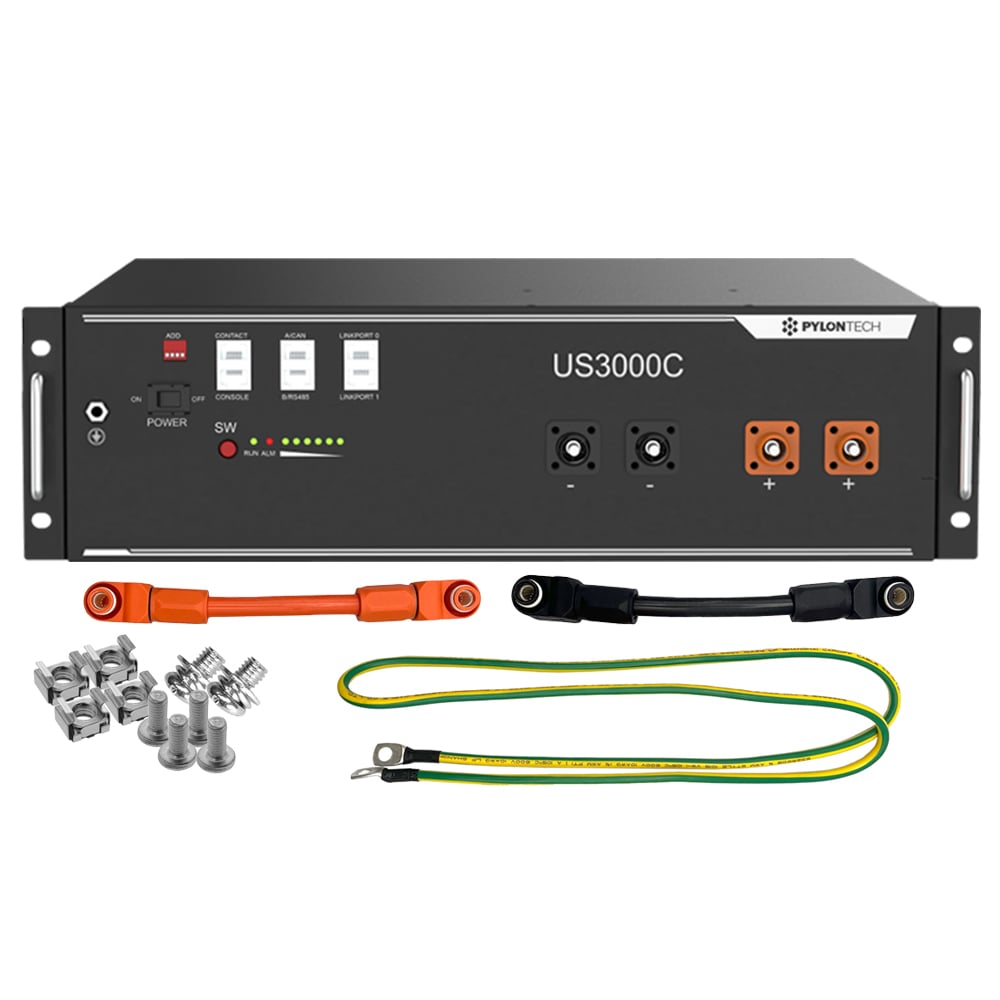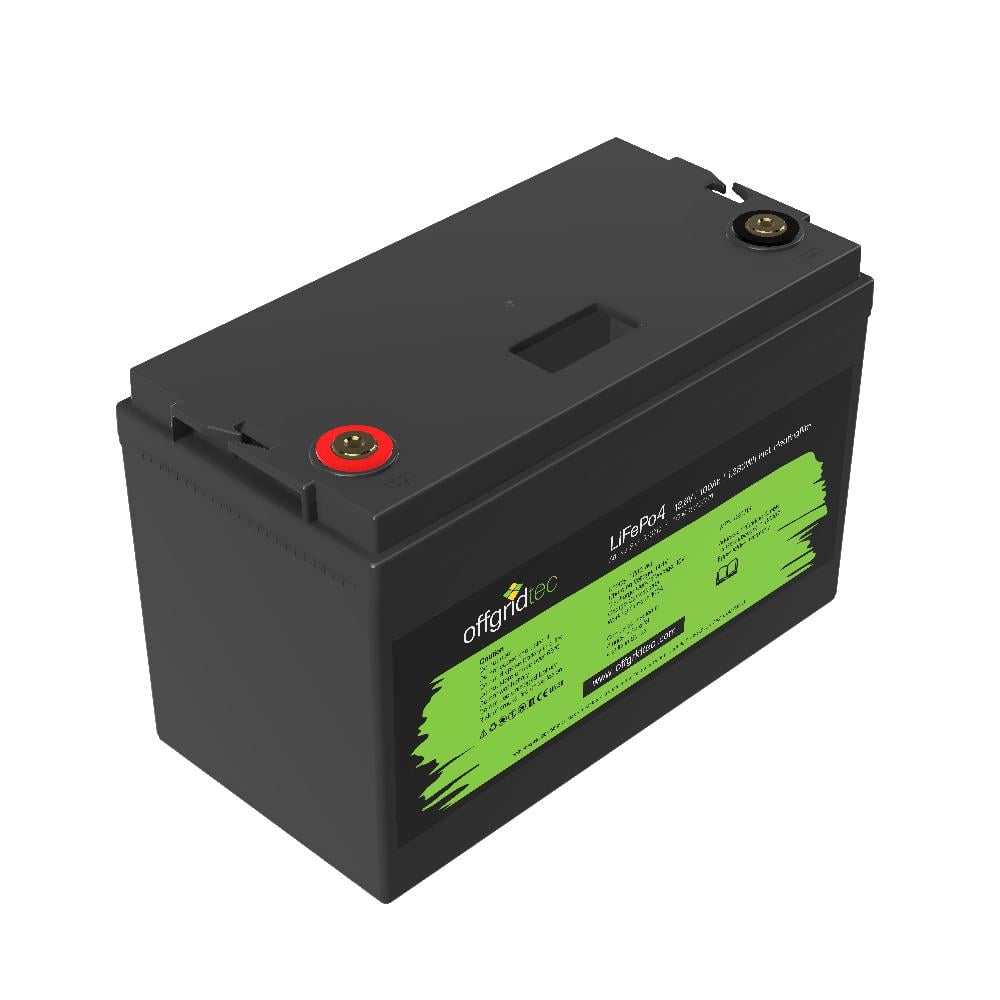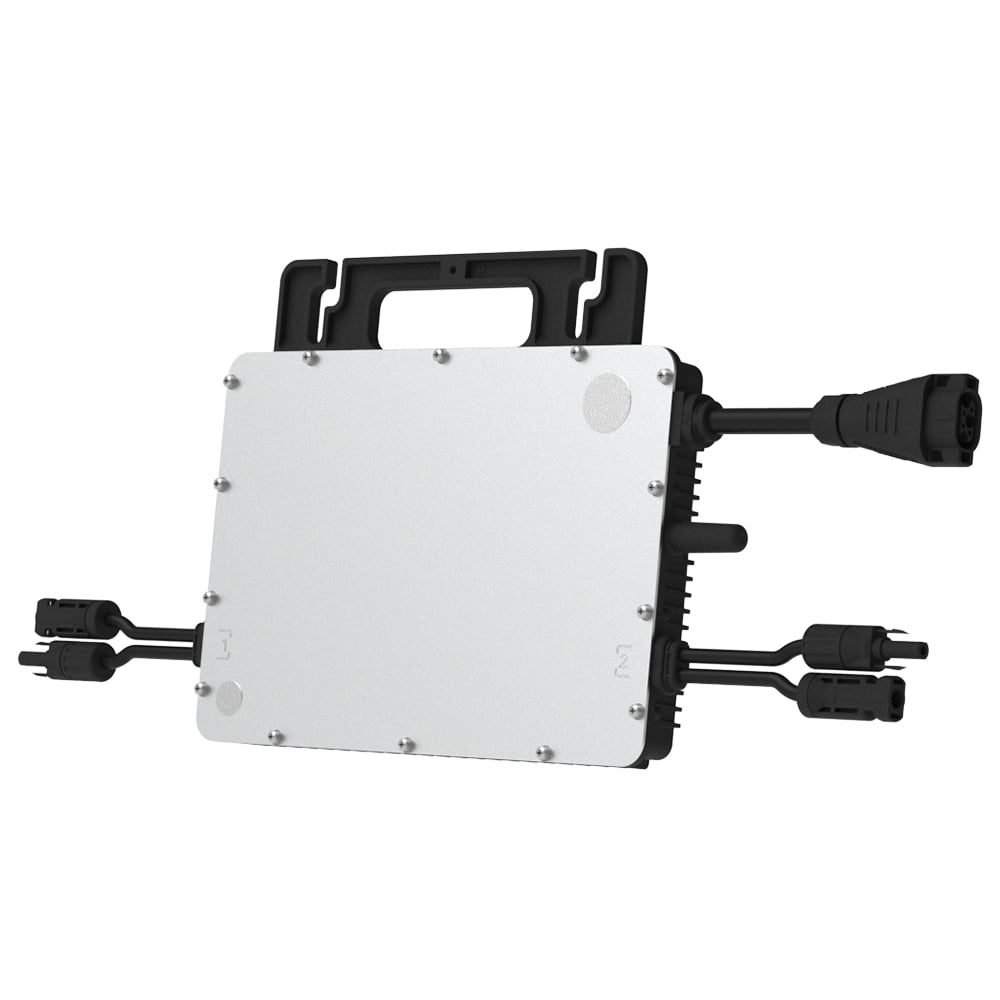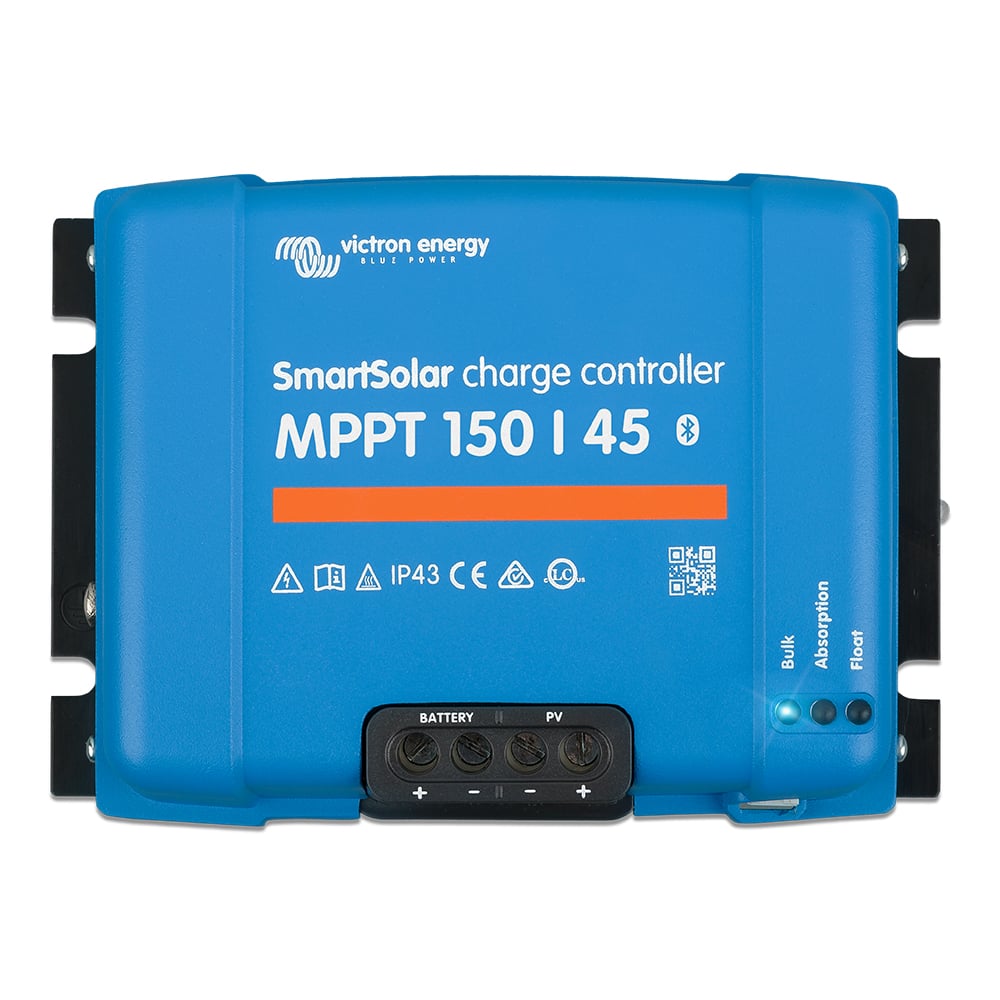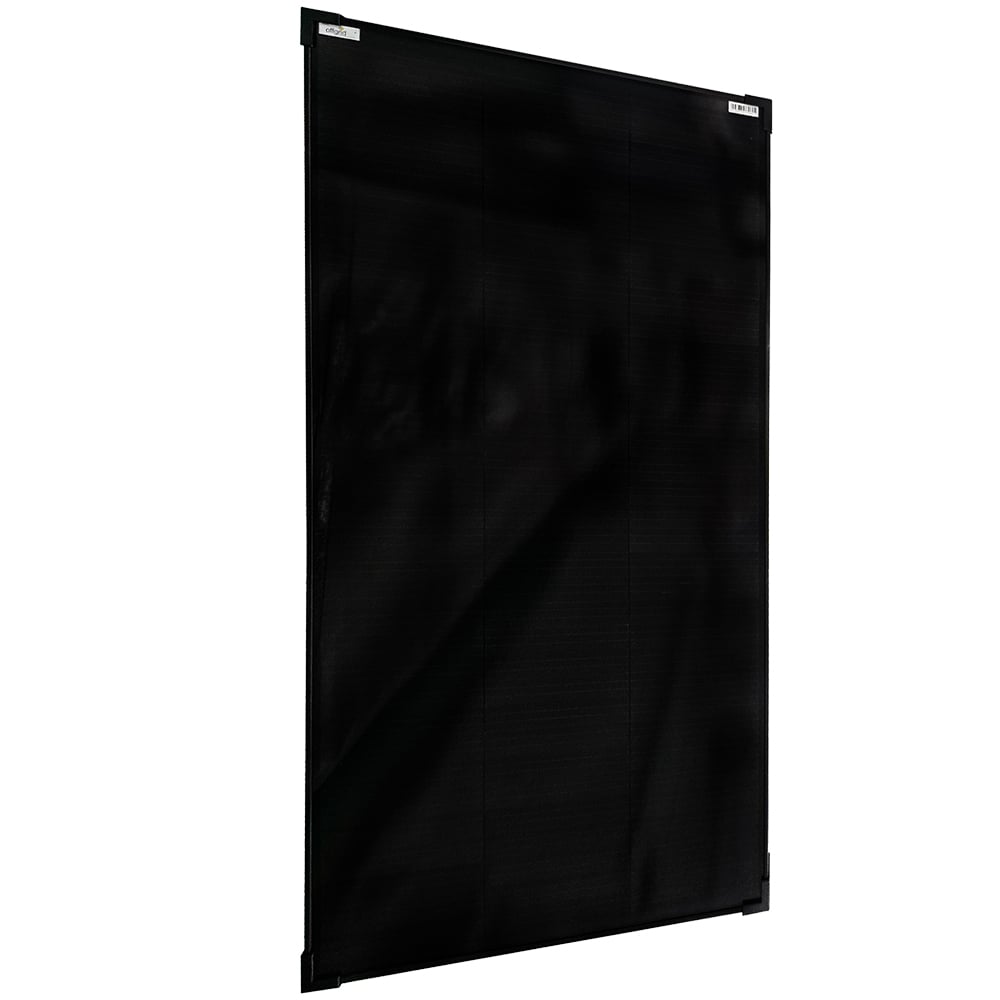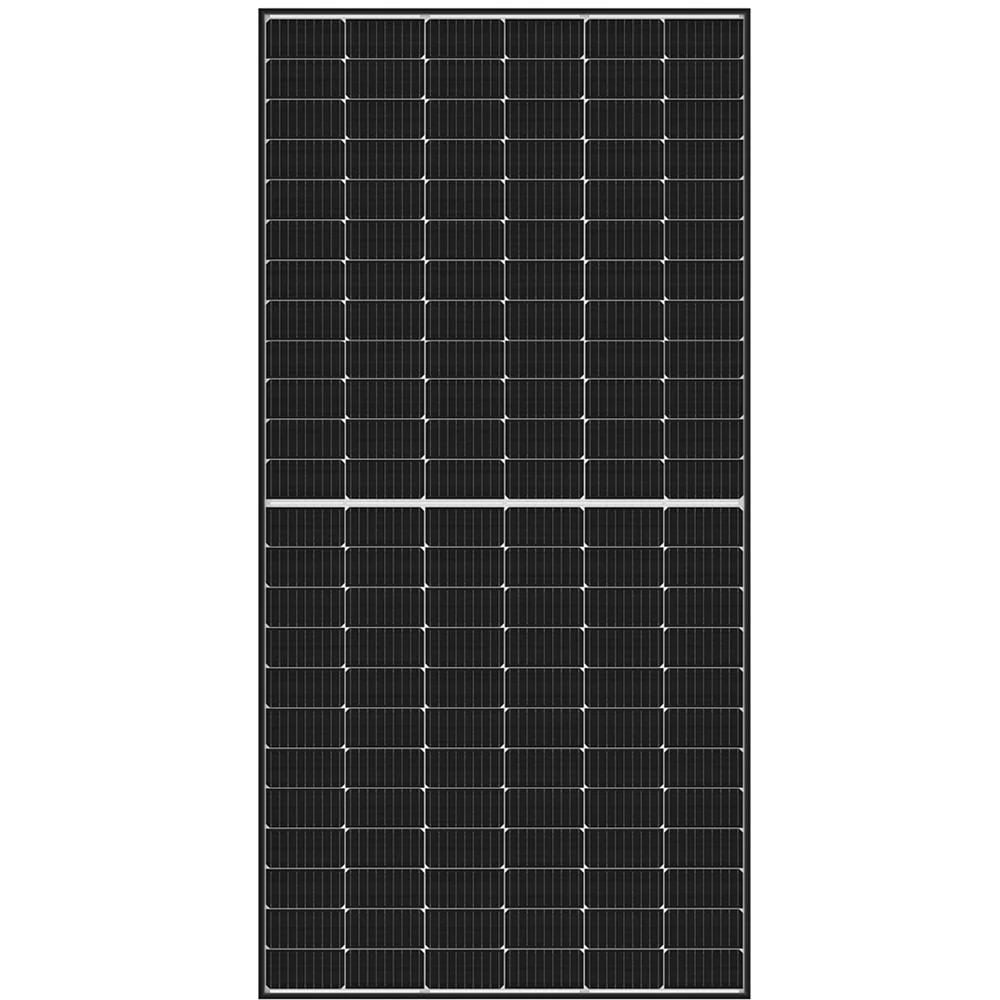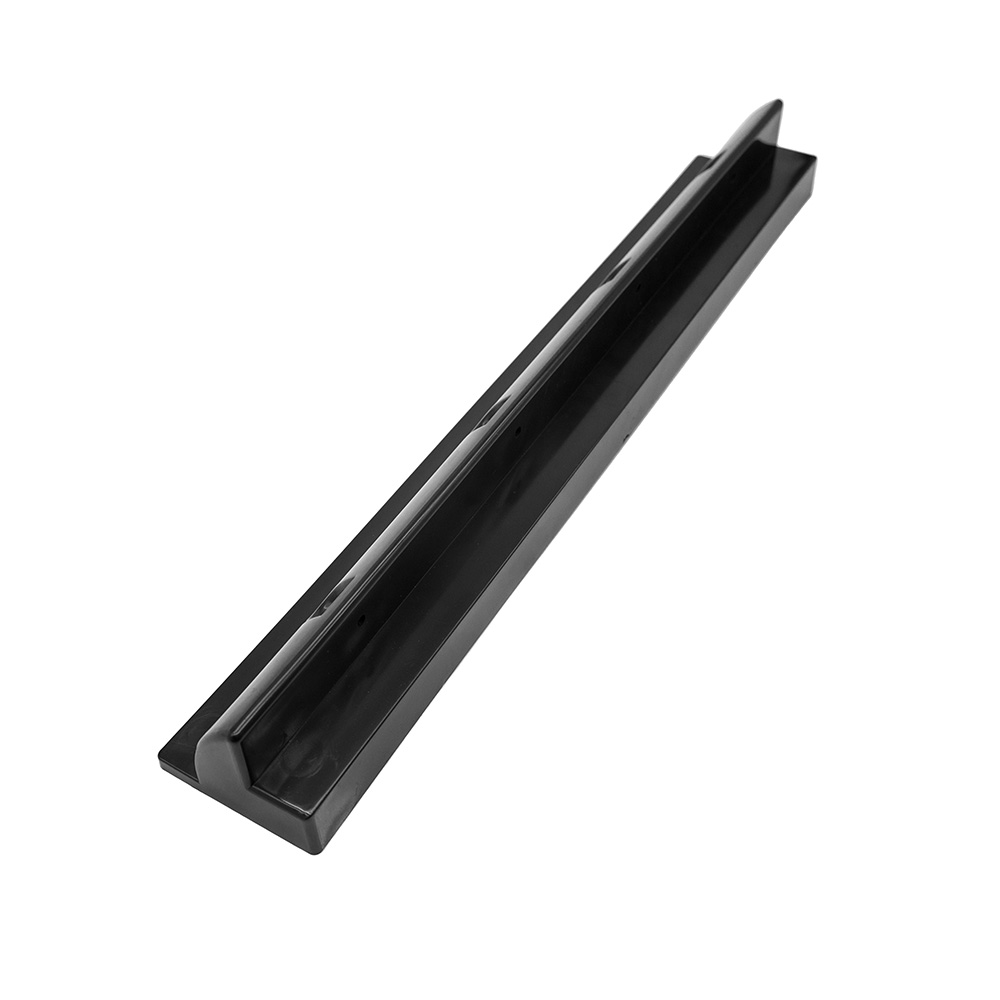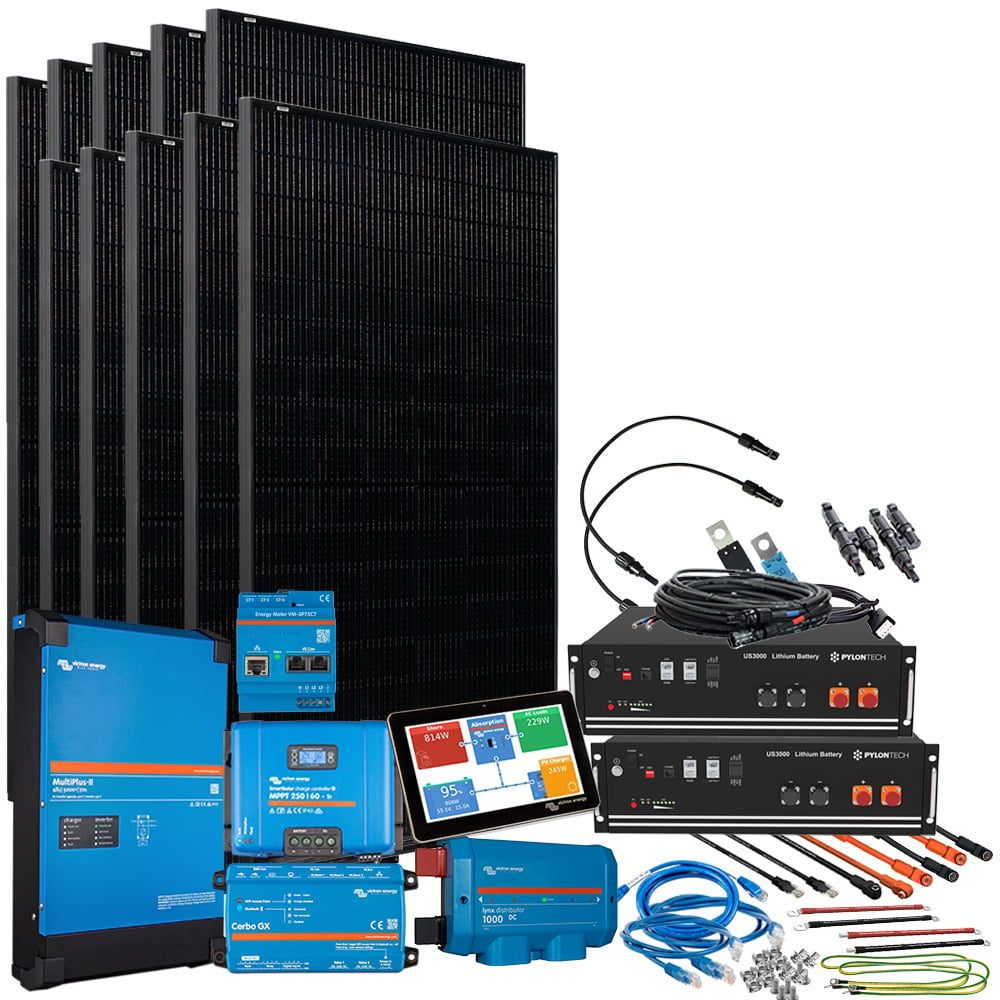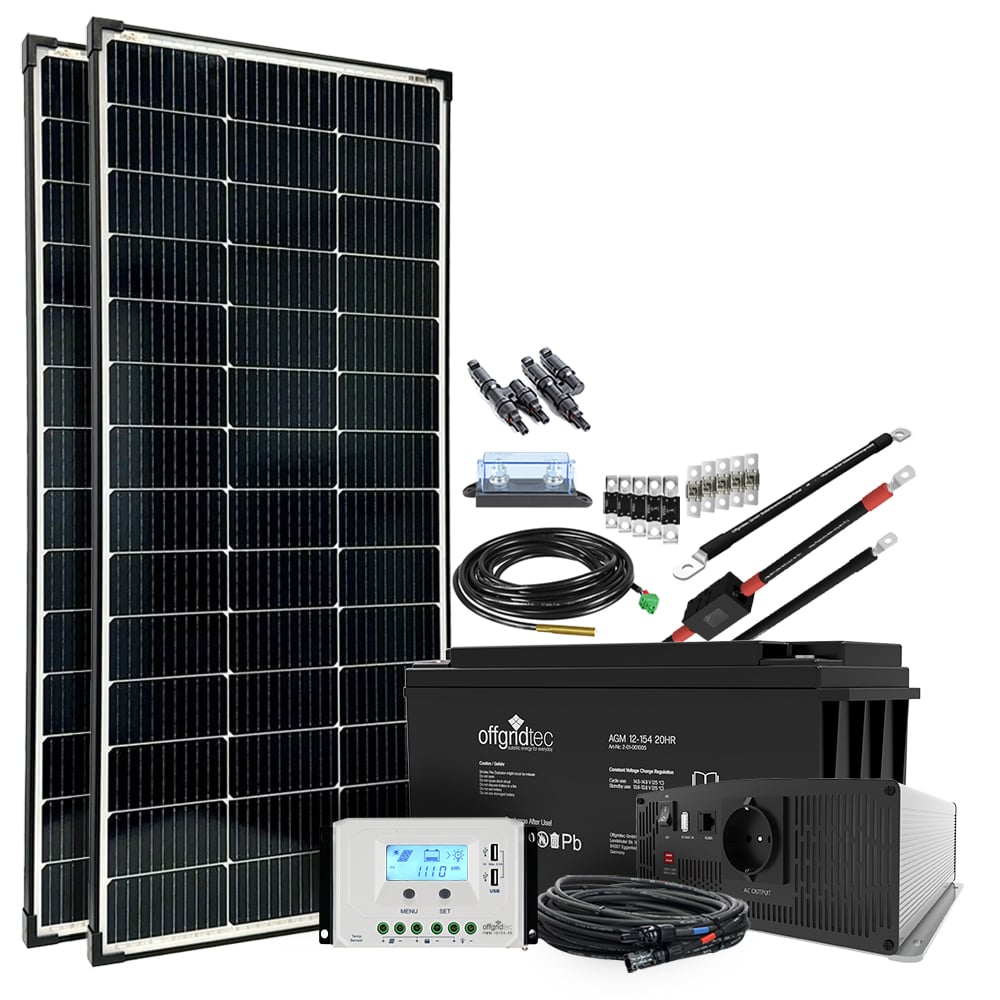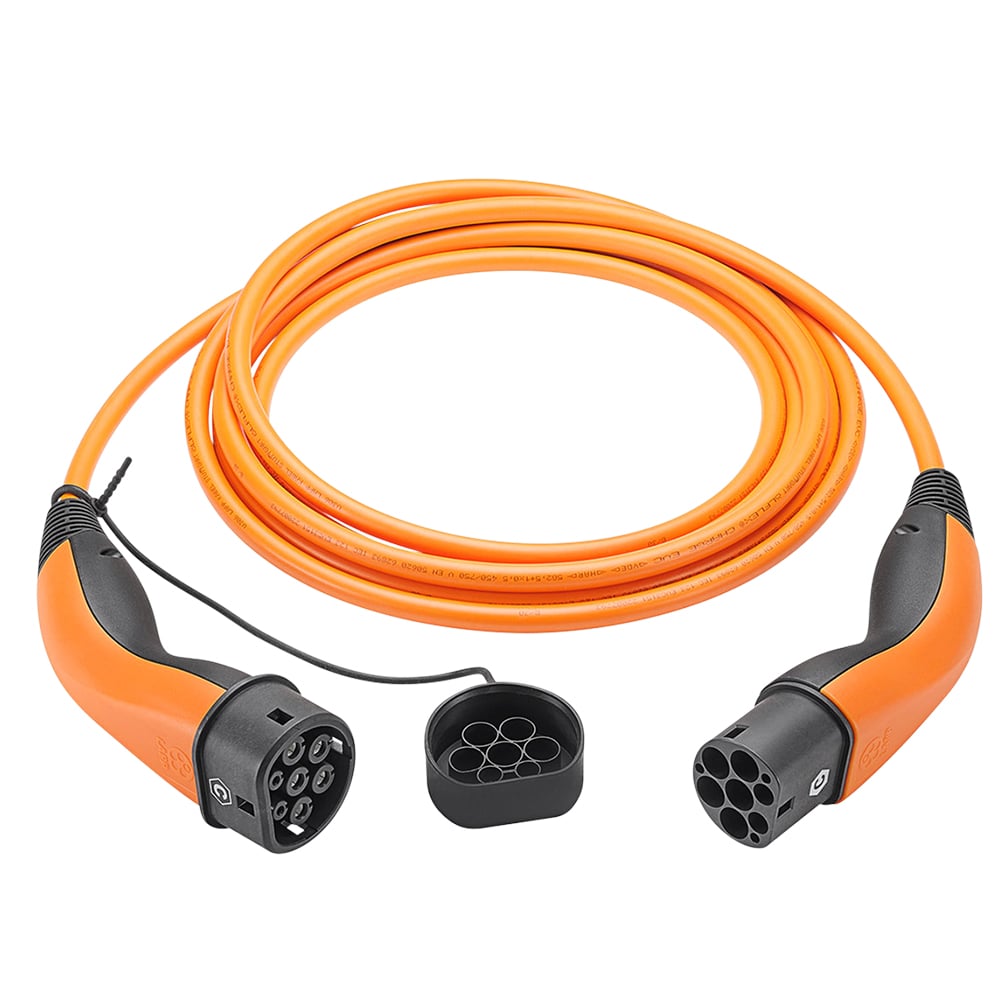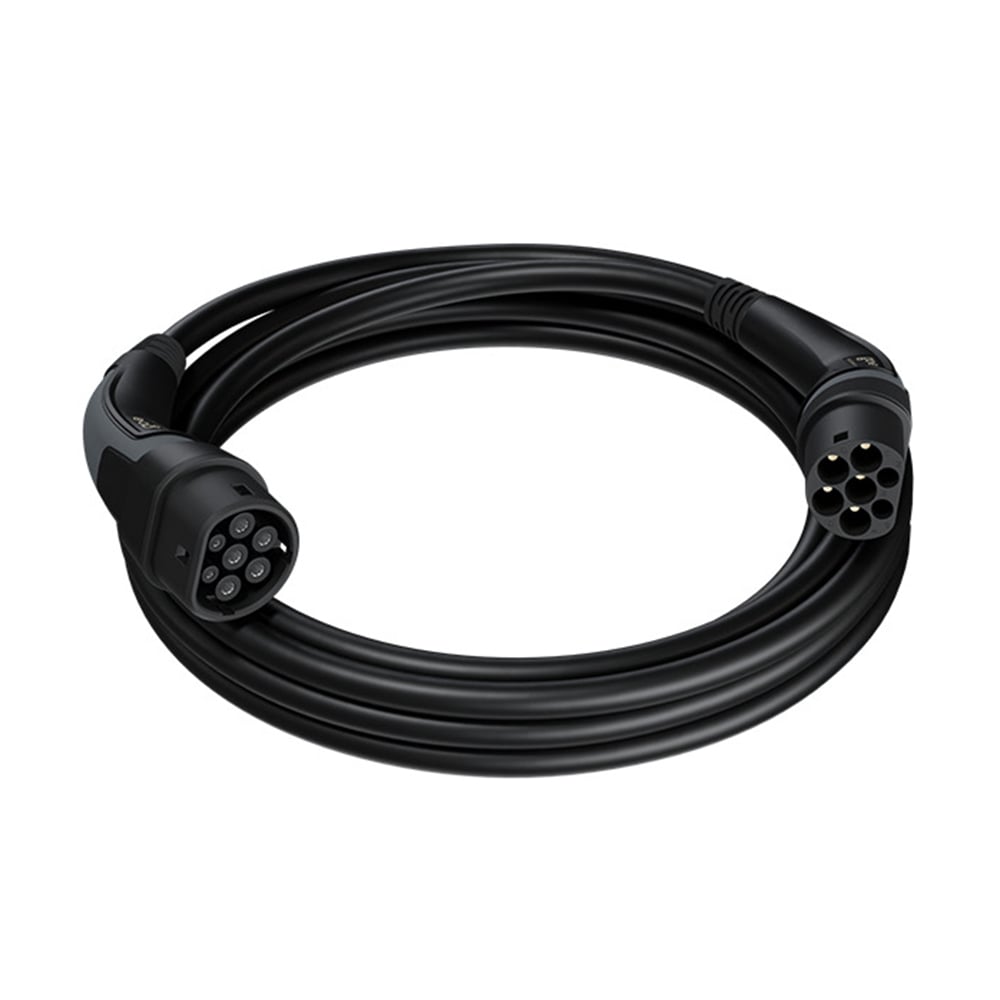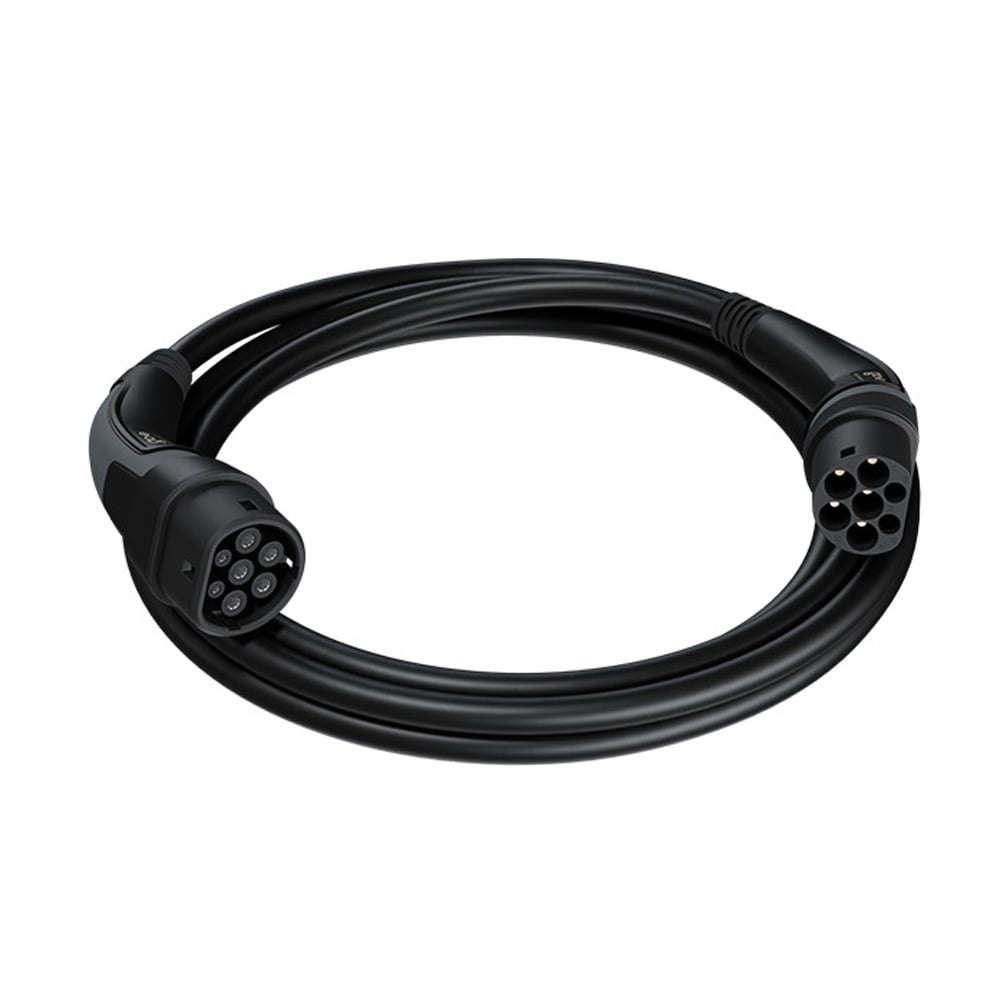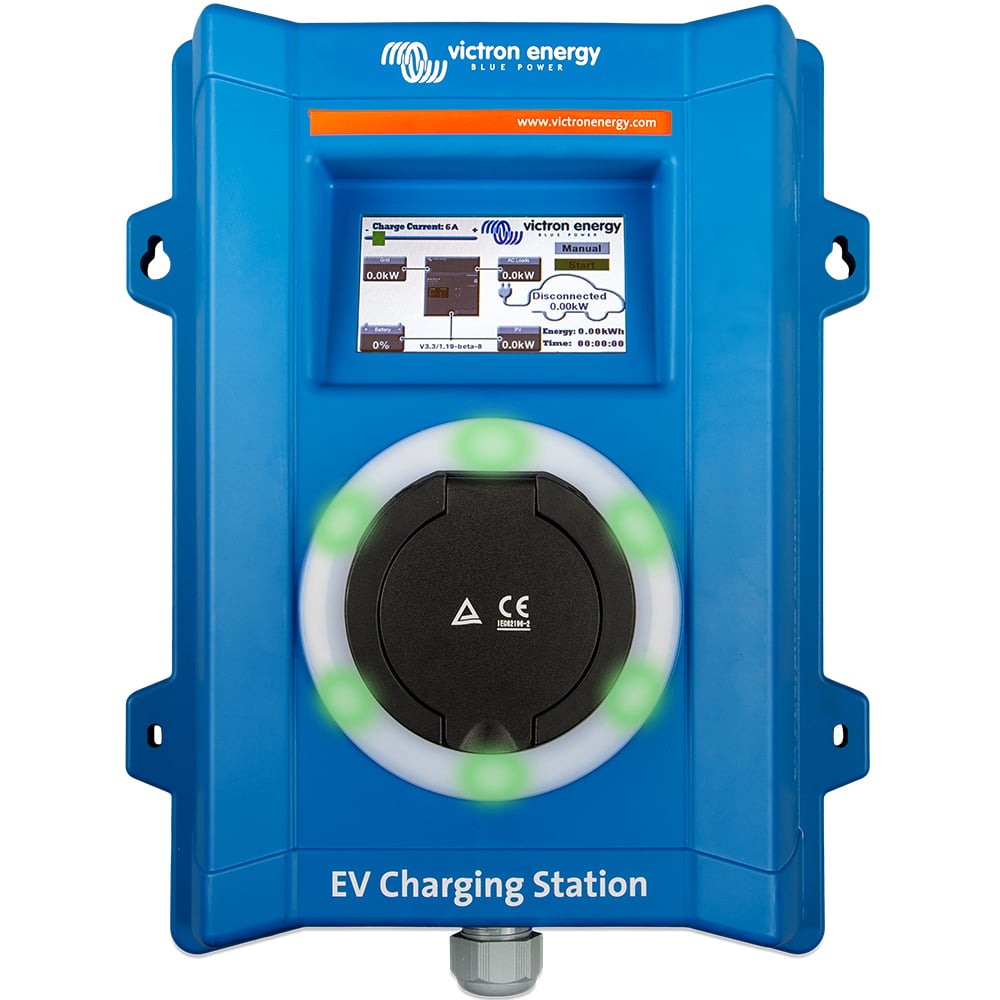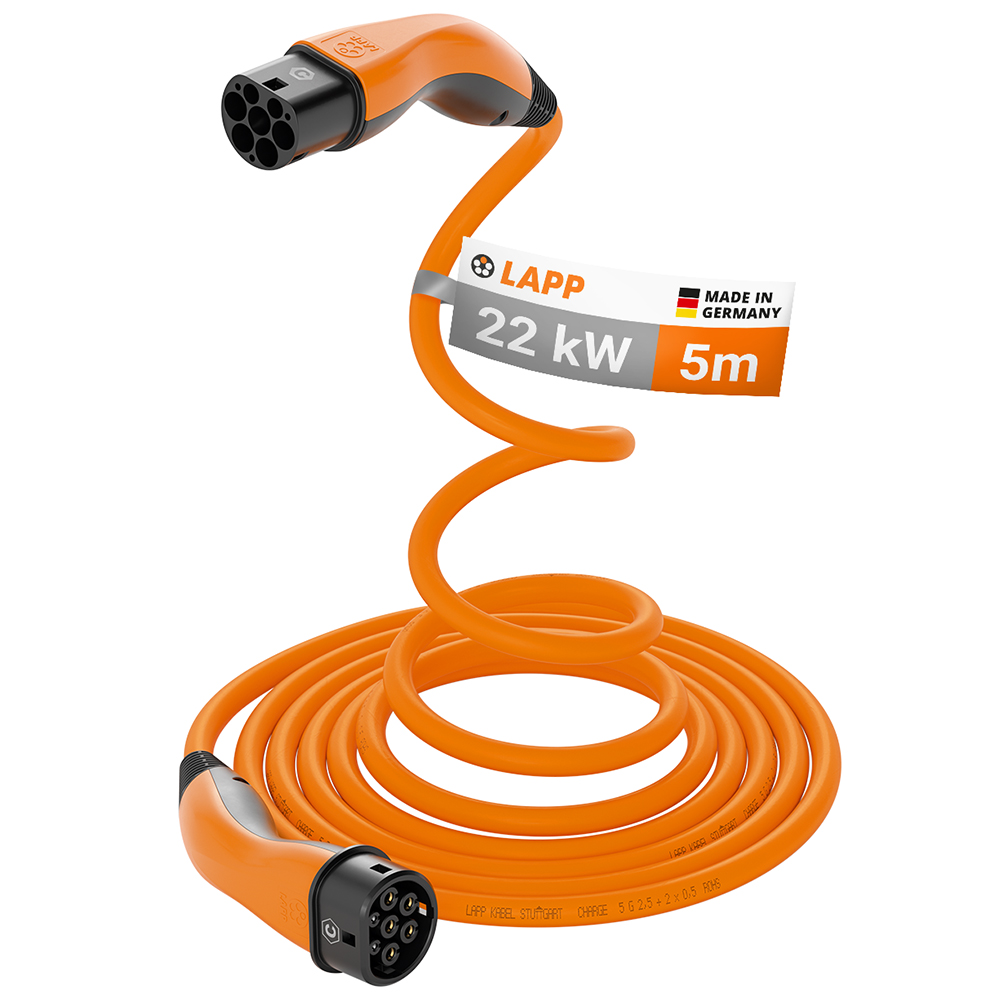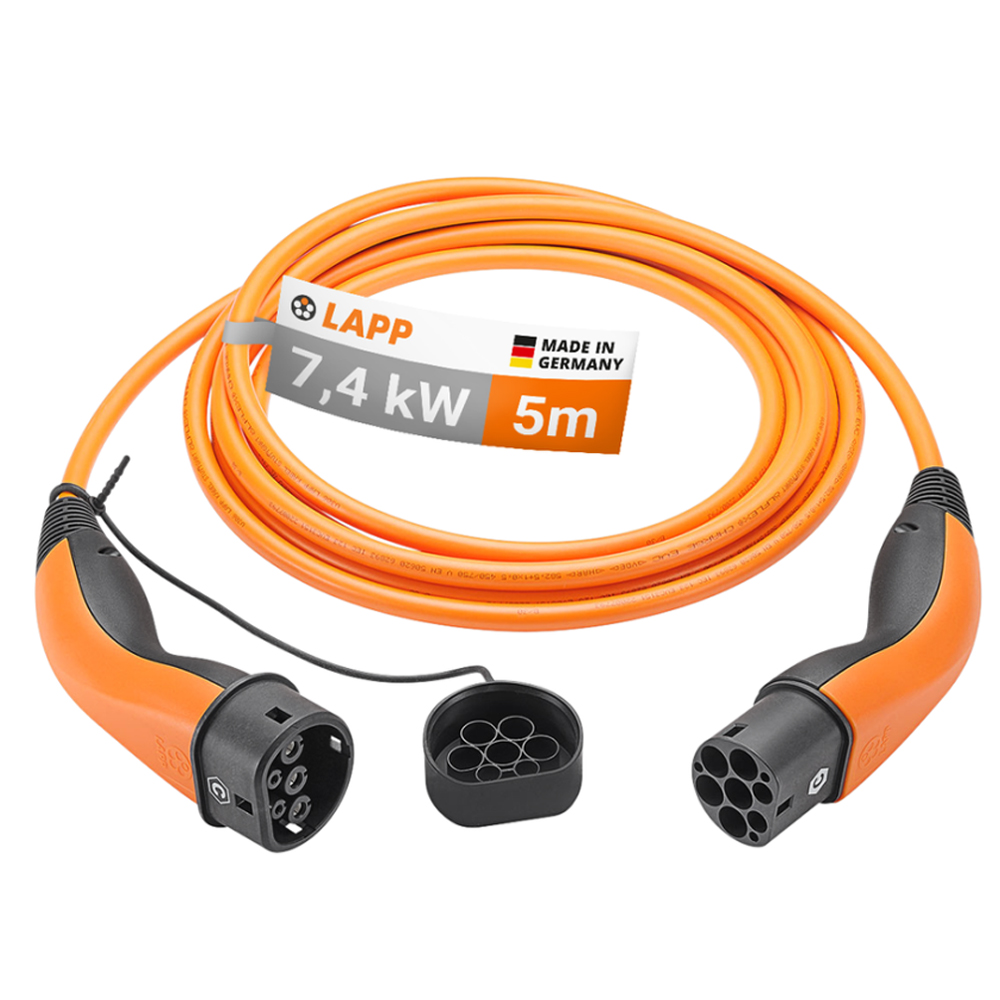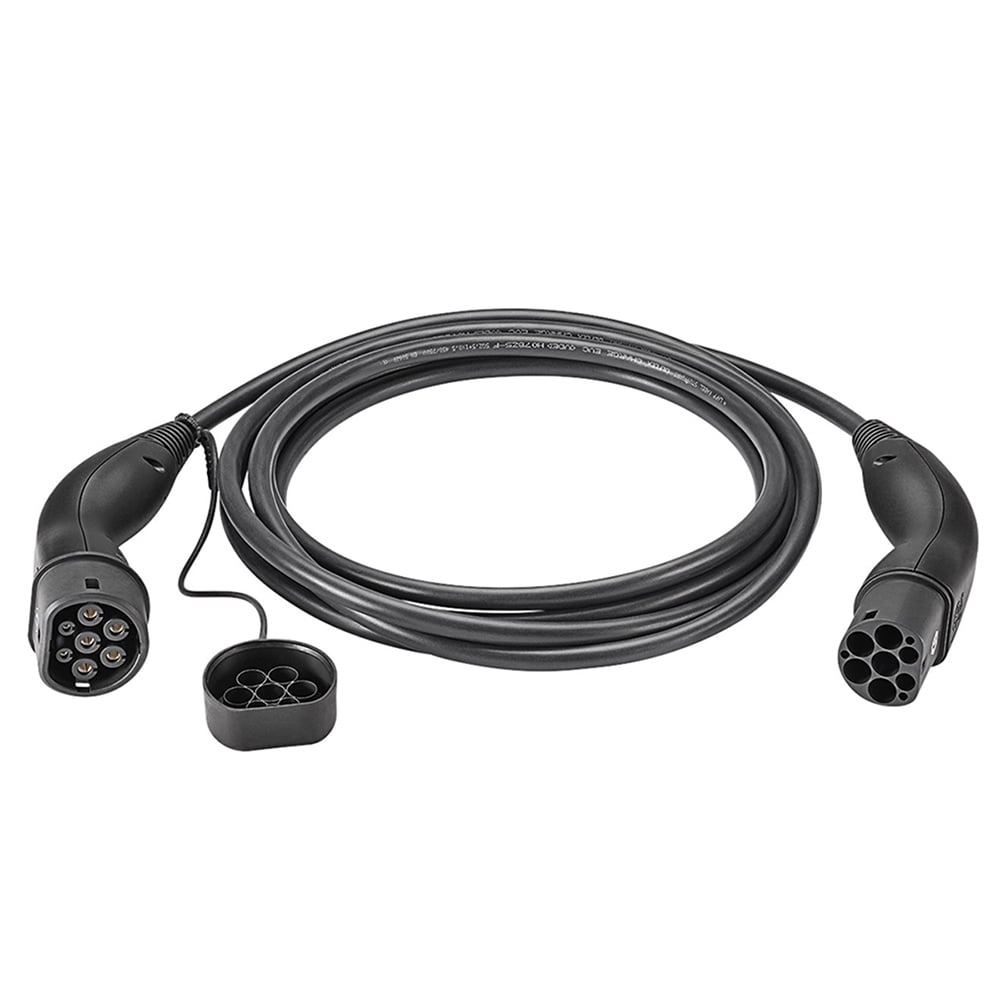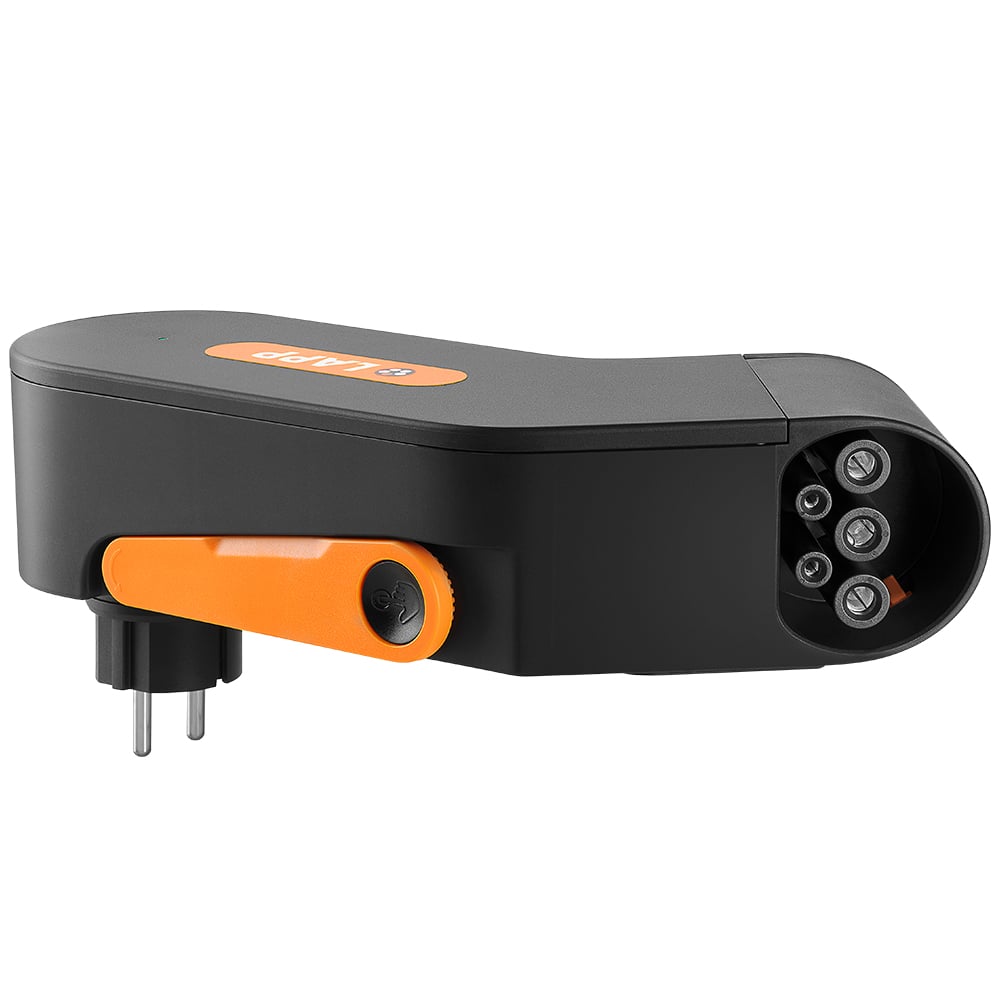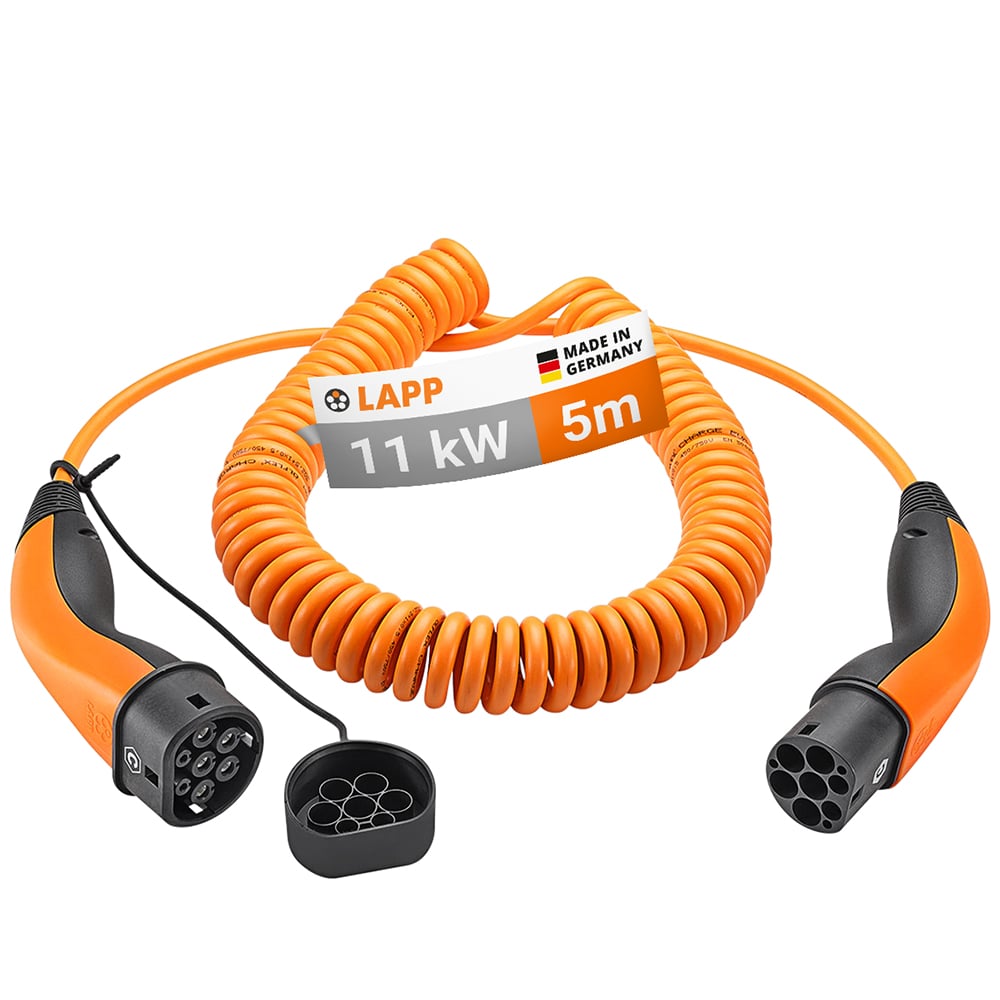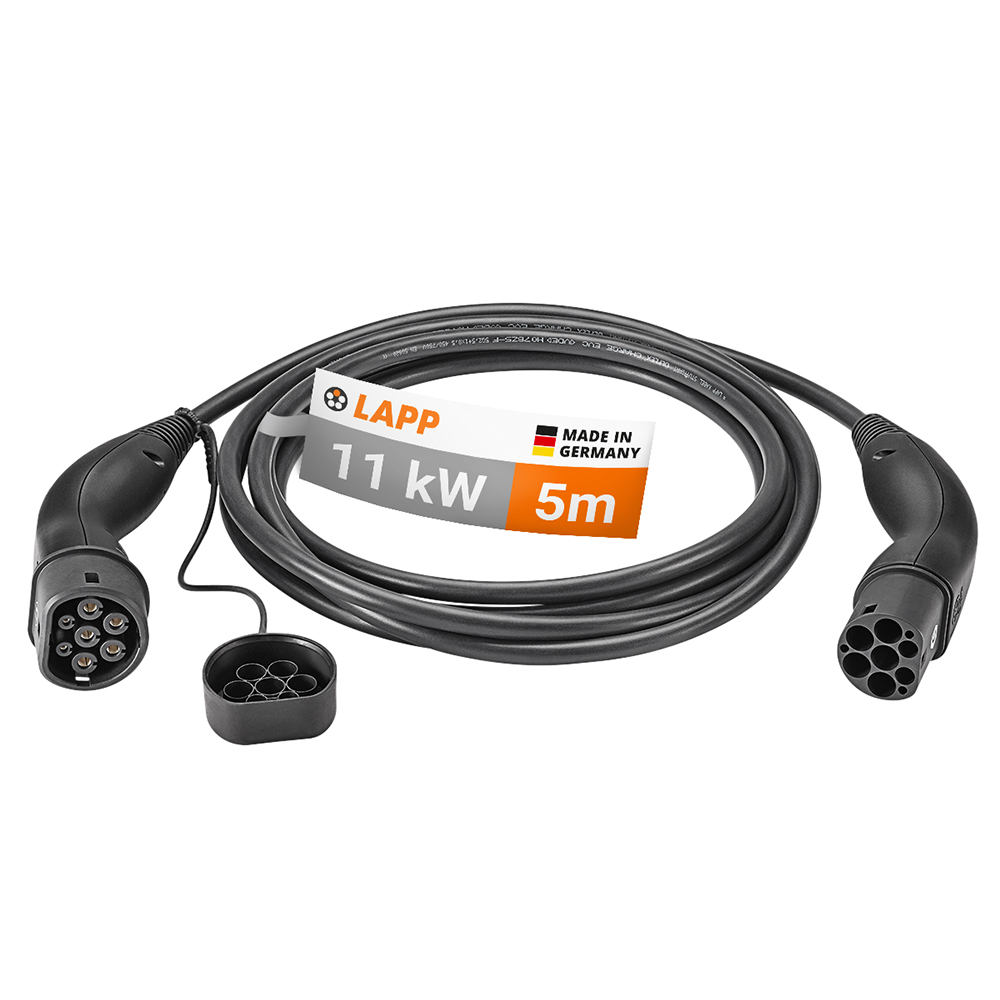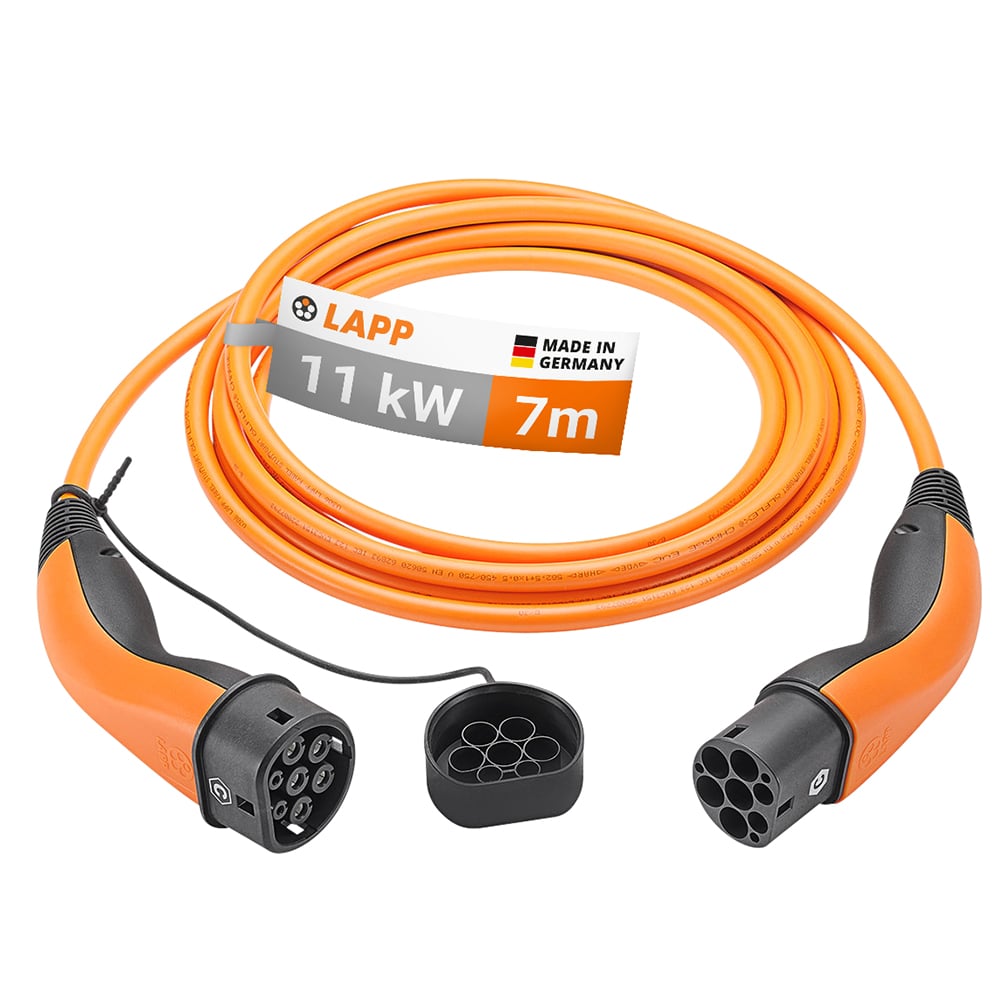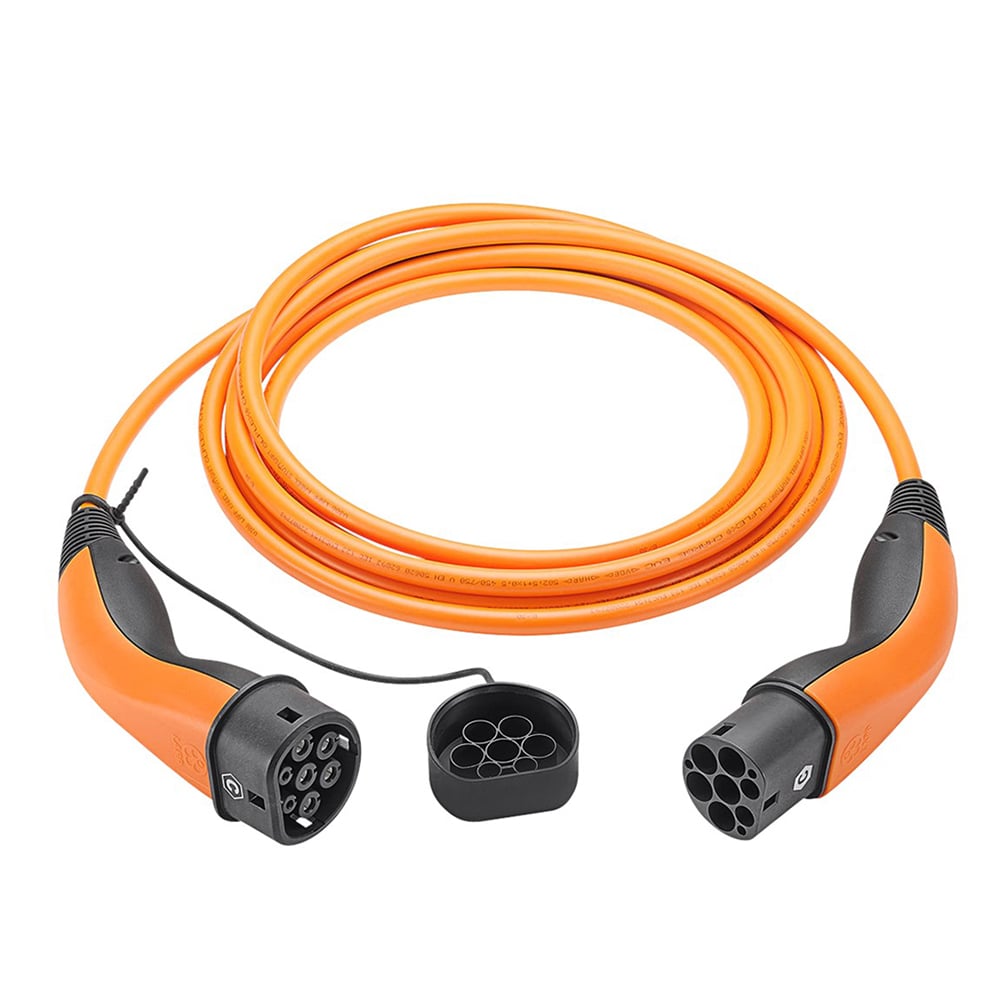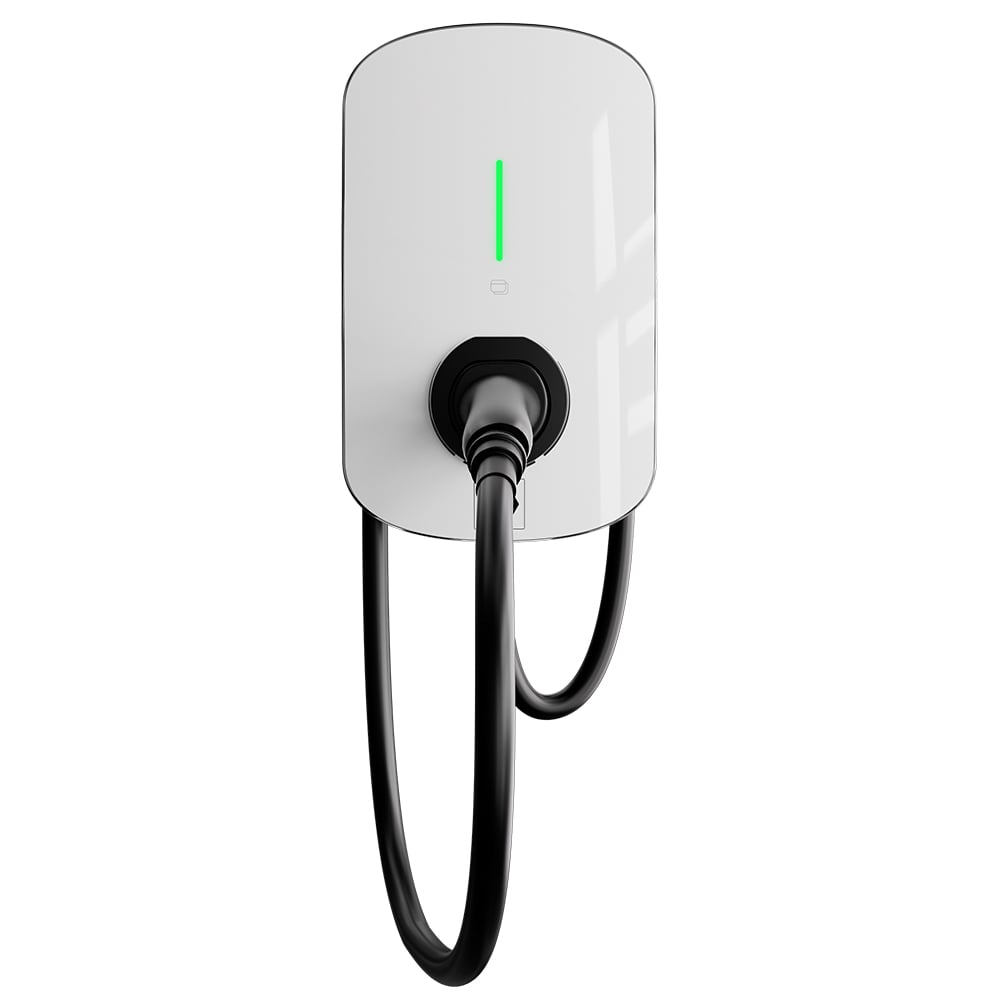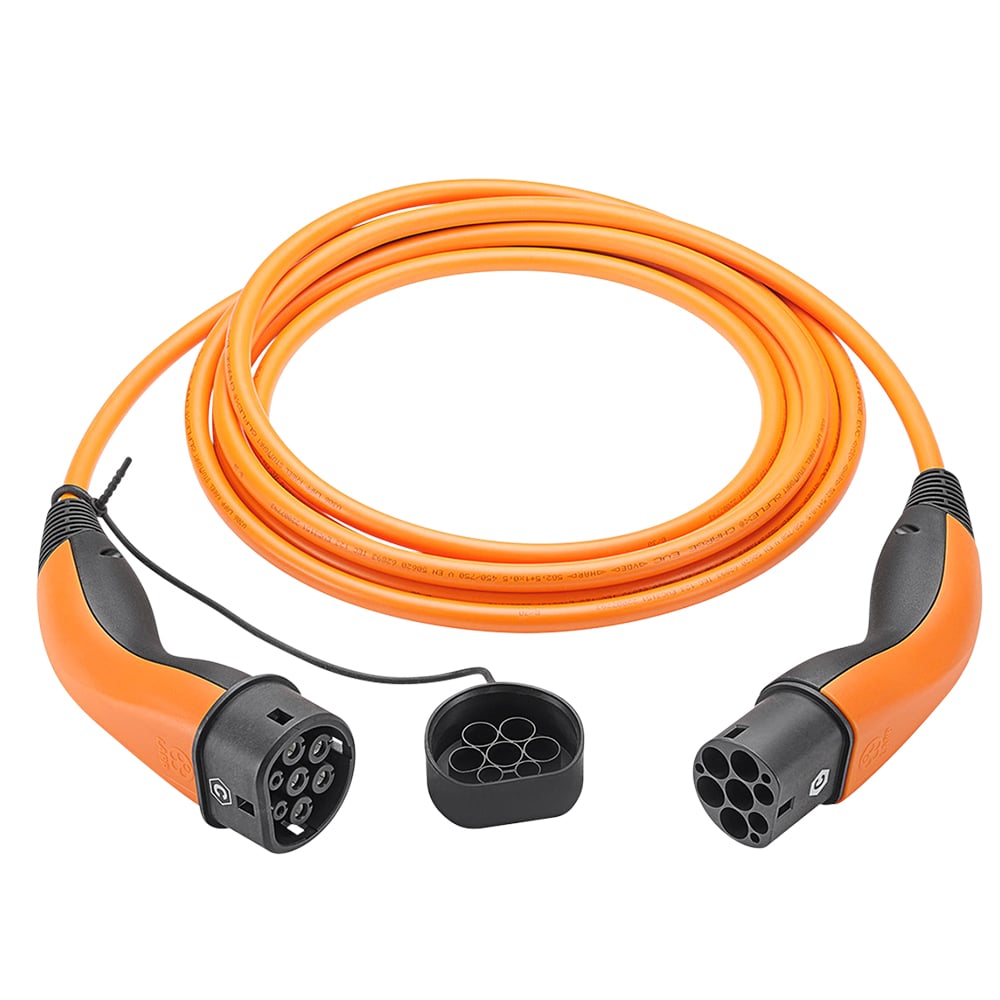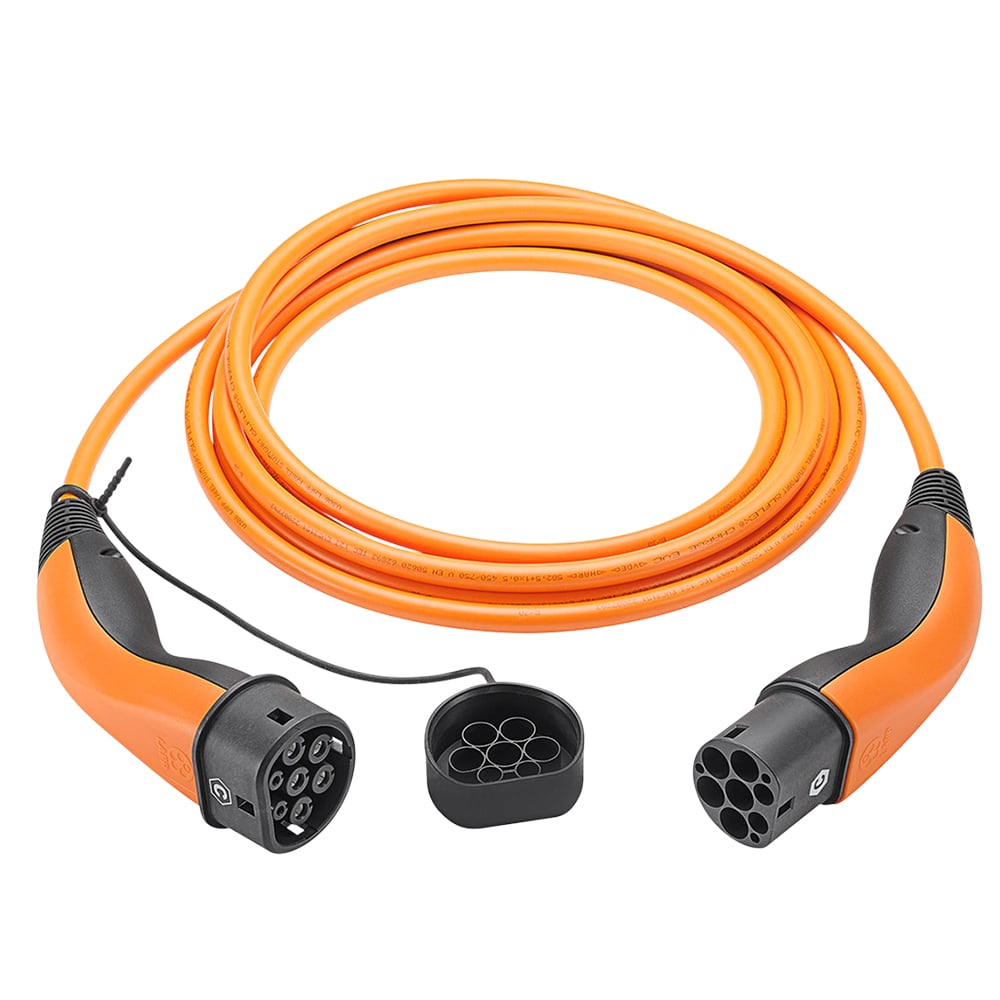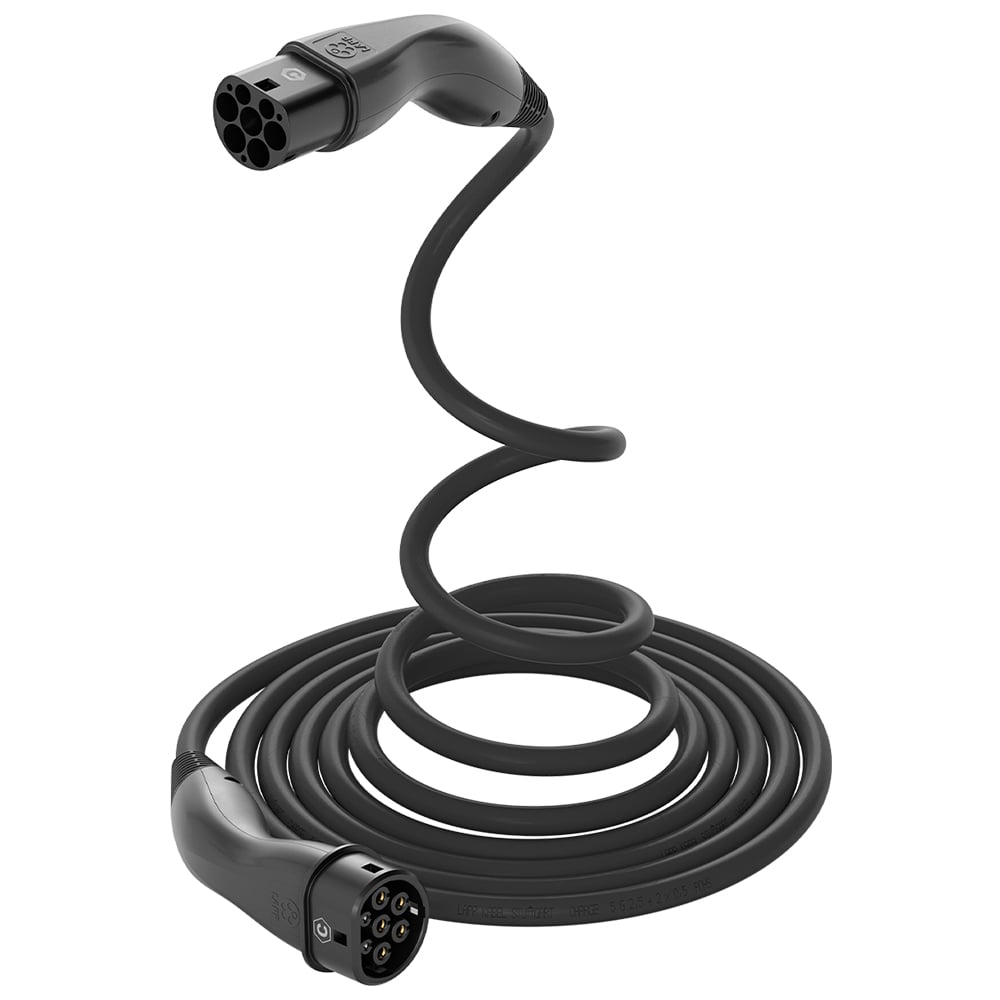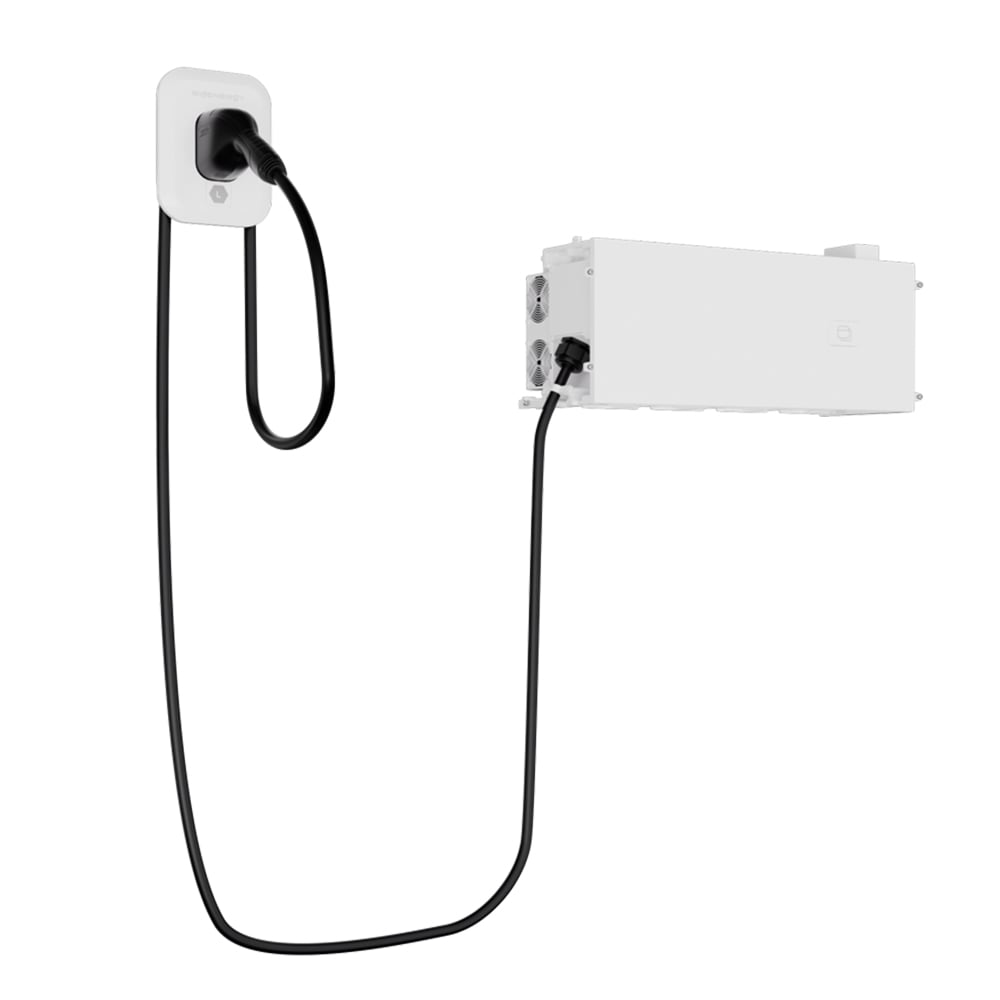Electromobility
5 Meter (€31.10* / 1 Meter)
Content: 5 Meter (€31.10* / 1 Meter)
Shipped in 2-5 days
Shipped in 2-5 days
Shipped in 2-5 days
5 Meter (€31.10* / 1 Meter)
Content: 5 Meter (€31.10* / 1 Meter)
Shipped in 1-3 days
Shipped in 1-3 days
Shipped in 1-3 days
Shipped in 1-3 days
Shipped in 1-3 days
Shipped in 1-3 days
Shipped in 1-3 days
Shipped in 1-3 days
Shipped in 1-3 days
Shipped in 1-3 days
Shipped in 1-3 days
Shipped in 1-3 days
Shipped in 10-14 Werktage
Shipped in 10-14 Werktage
Shipped in 1-3 days
Shipped in 1-3 days
Shipped in 1-3 days
Shipped in 1-3 days
Shipped in 1-3 days
5 Meter (€37.75* / 1 Meter)
Content: 5 Meter (€37.75* / 1 Meter)
Shipped in 1-3 days
Shipped in 1-3 days
Shipped in 1-3 days
5 Meter (€37.75* / 1 Meter)
Content: 5 Meter (€37.75* / 1 Meter)
5 Meter (€27.03* / 1 Meter)
Content: 5 Meter (€27.03* / 1 Meter)
Shipped in 2-5 days
Shipped in 2-5 days
Shipped in 2-5 days
5 Meter (€27.03* / 1 Meter)
Content: 5 Meter (€27.03* / 1 Meter)
5 Meter (€31.10* / 1 Meter)
Content: 5 Meter (€31.10* / 1 Meter)
Shipped in 2-5 days
Shipped in 2-5 days
Shipped in 2-5 days
5 Meter (€31.10* / 1 Meter)
Content: 5 Meter (€31.10* / 1 Meter)
Shipped in 1-3 days
Shipped in 1-3 days
Shipped in 1-3 days
5 Meter (€39.41* / 1 Meter)
Content: 5 Meter (€39.41* / 1 Meter)
Shipped in 2-5 days
Shipped in 2-5 days
Shipped in 2-5 days
5 Meter (€39.41* / 1 Meter)
Content: 5 Meter (€39.41* / 1 Meter)
Shipped in 1-3 days
Shipped in 1-3 days
Shipped in 1-3 days
5 Meter (€27.77* / 1 Meter)
Content: 5 Meter (€27.77* / 1 Meter)
Shipped in 2-5 days
Shipped in 2-5 days
Shipped in 2-5 days
5 Meter (€27.77* / 1 Meter)
Content: 5 Meter (€27.77* / 1 Meter)
7 Meter (€22.21* / 1 Meter)
Content: 7 Meter (€22.21* / 1 Meter)
Shipped in 2-5 days
Shipped in 2-5 days
Shipped in 2-5 days
7 Meter (€22.21* / 1 Meter)
Content: 7 Meter (€22.21* / 1 Meter)
3 Meter (€46.56* / 1 Meter)
Content: 3 Meter (€46.56* / 1 Meter)
Shipped in 2-5 days
Shipped in 2-5 days
Shipped in 2-5 days
3 Meter (€46.56* / 1 Meter)
Content: 3 Meter (€46.56* / 1 Meter)
Shipped in 2-5 days
Shipped in 2-5 days
Shipped in 2-5 days
Shipped in 2-5 days
Shipped in 2-5 days
Shipped in 2-5 days
7 Meter (€24.59* / 1 Meter)
Content: 7 Meter (€24.59* / 1 Meter)
Shipped in 2-5 days
Shipped in 2-5 days
Shipped in 2-5 days
7 Meter (€24.59* / 1 Meter)
Content: 7 Meter (€24.59* / 1 Meter)
5 Meter (€34.42* / 1 Meter)
Content: 5 Meter (€34.42* / 1 Meter)
Shipped in 2-5 days
Shipped in 2-5 days
Shipped in 2-5 days
5 Meter (€34.42* / 1 Meter)
Content: 5 Meter (€34.42* / 1 Meter)
5 Meter (€27.77* / 1 Meter)
Content: 5 Meter (€27.77* / 1 Meter)
Shipped in 2-5 days
Shipped in 2-5 days
Shipped in 2-5 days
5 Meter (€27.77* / 1 Meter)
Content: 5 Meter (€27.77* / 1 Meter)
5 Meter (€34.42* / 1 Meter)
Content: 5 Meter (€34.42* / 1 Meter)
Shipped in 2-5 days
Shipped in 2-5 days
Shipped in 2-5 days
5 Meter (€34.42* / 1 Meter)
Content: 5 Meter (€34.42* / 1 Meter)
Soon available again
Soon available again
Soon available again
Electromobility
Electromobility is more than just a trend - it is the future. The spread of electric vehicles is increasing and with it the need for a suitable charging infrastructure for electric vehicles. That's why you'll find innovative products and state-of-the-art technology from renowned brands for your electric vehicle here. Our product range currently includes EV chargers, wallboxes and matching accessories. We are also constantly expanding our range to ensure that your electric car or plug-in hybrid is always ready for use, whether it's for your next adventure, the journey to work or the next shopping trip.
What is an EV charger?
The basic function is already in the name, because EV stands for "Electric Vehicle", so it is a charger specifically for electric vehicles. The chargers on offer can charge a wide range of electric cars as long as they are equipped with the correct charging connection. The type 2 charging connection is the common standard in Europe and is compatible with the following models, for example:
- Tesla Model S, Model 3, Model X
- BMW i-series, 225xe, e-series
- Audi e-tron, A6-A7-A8 TFSI e
- Volkswagen ID.3, ID.4, e-Golf
There are also 1-phase and 3-phase devices as well as models that support both operating modes to meet the individual requirements of your electric vehicles. Our chargers can generally all be used in both private and commercial applications and most of them can be combined with PV systems so that your electric car is supplied with green solar power. Thanks to modern app control via Bluetooth or, in most cases, via Wi-Fi, you retain full control and have access to operating parameters and statistics.
What makes a wallbox different?
The wallbox is an EV charger for home use and, unlike general EV chargers and charging stations, can only be attached to the wall or a pillar and therefore cannot be installed and used as a free-standing charging station. Otherwise, there are no predefined standards, so there are versions for connection to simple three-phase sockets through to networked charging connections that communicate with several charging points and, for example, the PV system and the battery storage system. Less powerful wallboxes can also be operated with single-phase current. In general, a wallbox charges your electric vehicle much faster than using a simple household socket and offers many other advantages with its integrated battery protection, programmable operating modes and various monitoring options. Colloquially, the wallbox is often referred to as a wall charging station, but this is usually installed directly in a wall.
Various operating modes
In addition to manual configuration, the devices have different operating modes depending on the model and version, which, for example, enable flexible switching between the optimum power supply with solar energy or fast charging options, in some cases even dynamically or time-controlled. In fast charging mode, charging takes place at maximum power, if available from a renewable energy source or alternatively directly from the power grid. There is often a PV mode that enables pure charging with surplus solar energy, so that the vehicle is supplied with 100% renewable energy. In off-peak mode, the charger only charges during off-peak times in order to reduce the electricity bill. If the device has a load balancing mode, the charging power can be dynamically adjusted to the house power with the appropriate accessories so that the electric car is charged at maximum charging power without triggering the power limitation.
Charging types and charging plug types
Electric vehicles can be charged using either alternating current (AC) or direct current (DC). AC chargers charge the battery more evenly, but are generally slower, as the conversion of the current takes place directly in the vehicle and is limited to the power of the integrated converter. Although DC chargers charge the battery much faster than fast chargers, as the conversion takes place directly in the charger, they are also much larger and more expensive. In addition to the type of current, factors such as the power of the charger and the power that the vehicle can process at all also influence the charging speed. In short, the component with the lowest power ultimately determines the overall charging speed.
With the introduction of electric vehicles, different plug types have also been developed, depending on the characteristics of the power grid and the type of electricity used. In Europe, three-phase type 2 plugs for AC charging are the standard, which enable a charging capacity of up to 22 kW at home and up to 43 kW at public charging stations. In addition to these, CCS plugs can also be found at charging stations in Europe. This is an extended version of the type 2 plug with two additional power contacts for fast charging. It supports both AC and DC charging at a speed of up to 350 kW. There are also single-phase type 1 plugs, which are the AC standard for electric vehicles from America and Asia and enable a charging capacity of up to 7.4 kW. CHAdeMO is a DC fast charging system from Japan, which is mainly compatible with Asian electric cars and enables charging capacities of up to 100 kW.
Why does my EV charger need RFID?
RFID stands for radio frequency identification and enables contactless data exchange. The technology is already used in many everyday situations, such as in access cards for hotel rooms or for contactless payment. Some EV chargers also feature RFID technology, as it offers a convenient way to manage charging authorisations. It allows users to be easily authorised to charge at the charger using previously taught-in RFID cards and the subsequent allocation of the energy delivered to a specific user together with the associated time stamp. This is particularly useful, for example, for tracking and billing the charging energy for different users or for company cars that are charged at home.
Location and installation
The installation of an EV charger requires careful planning and professional support. In general, the installation of an EV charger or charging station must always be carried out by a certified electrician so that efficient and safe operation can be guaranteed and, if applicable, the manufacturer's warranty remains valid. When choosing a location, the specific device requirements of your charging station should be taken into account, such as the type of installation and protection from the weather. Also make sure that the charging cable and plug of the charger are suitable for your electric vehicle and that the power corresponds to the requirements of your vehicle model and your individual needs. Modern chargers also often offer intelligent functions such as remote monitoring and smart home integration. It is best to consider in advance whether you want to use these functions. You should also not forget to register. While EV chargers with up to 11 kW currently only need to be registered with the responsible grid operator, an additional licence is required for charging stations with 22 kW.


